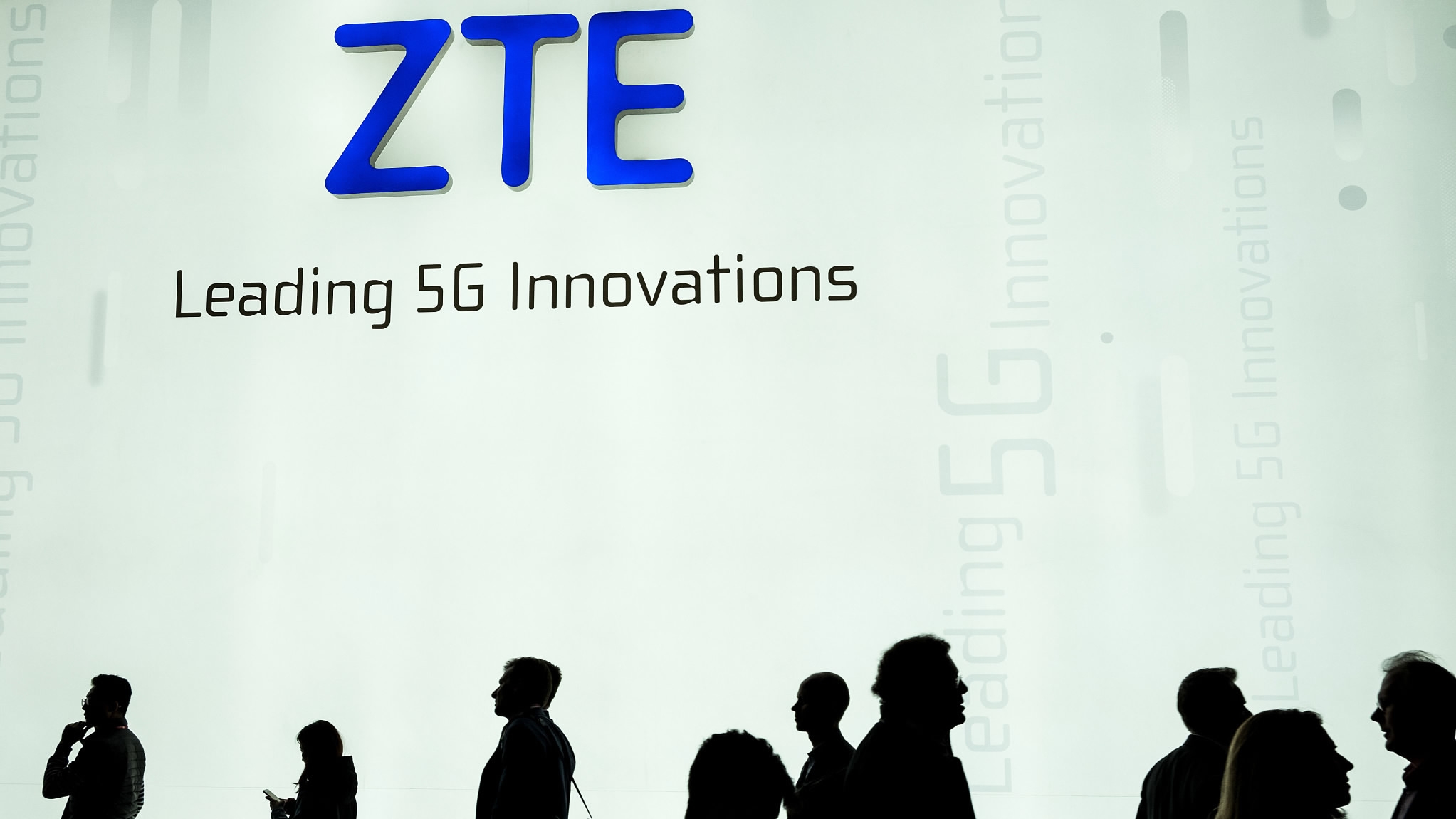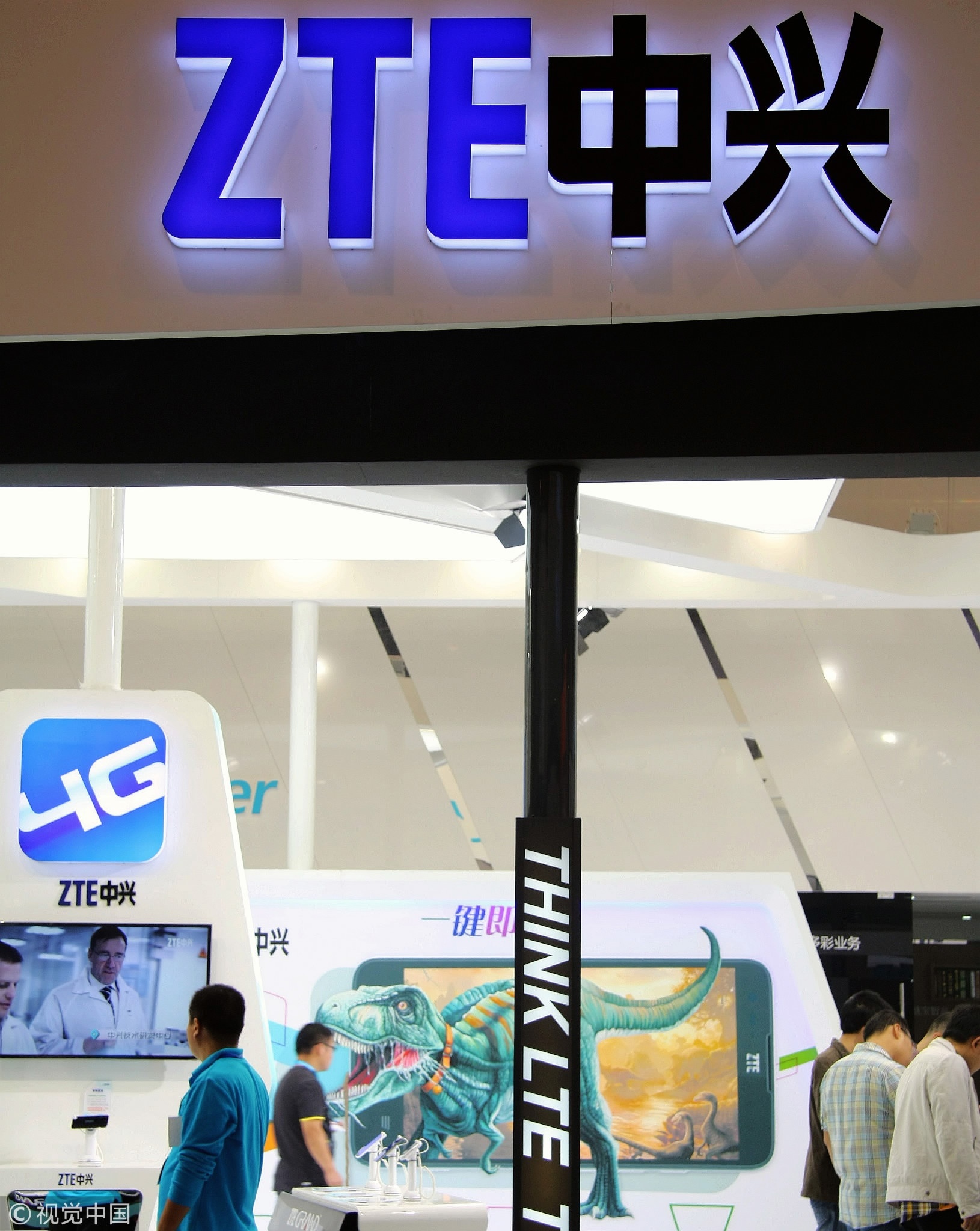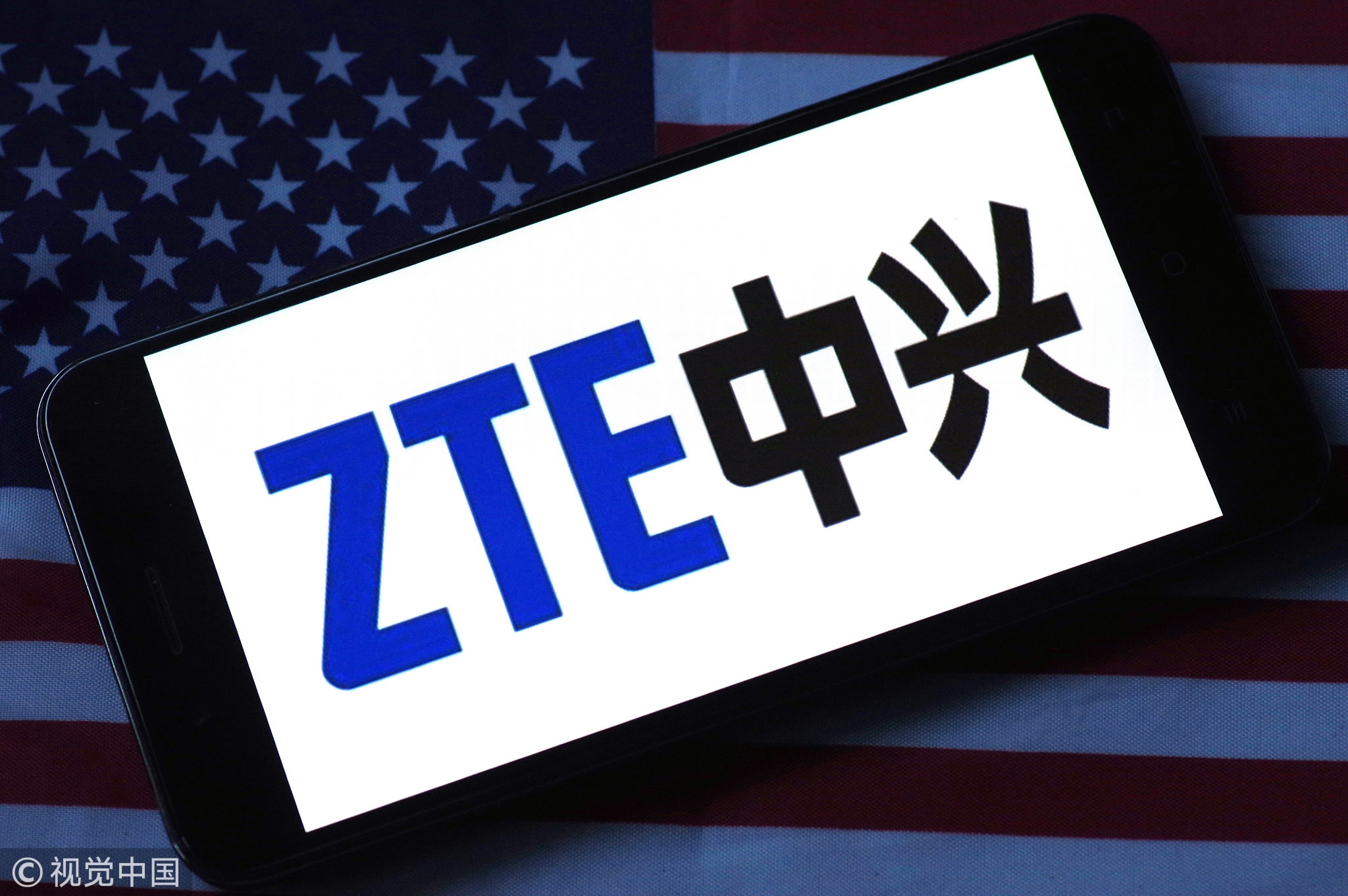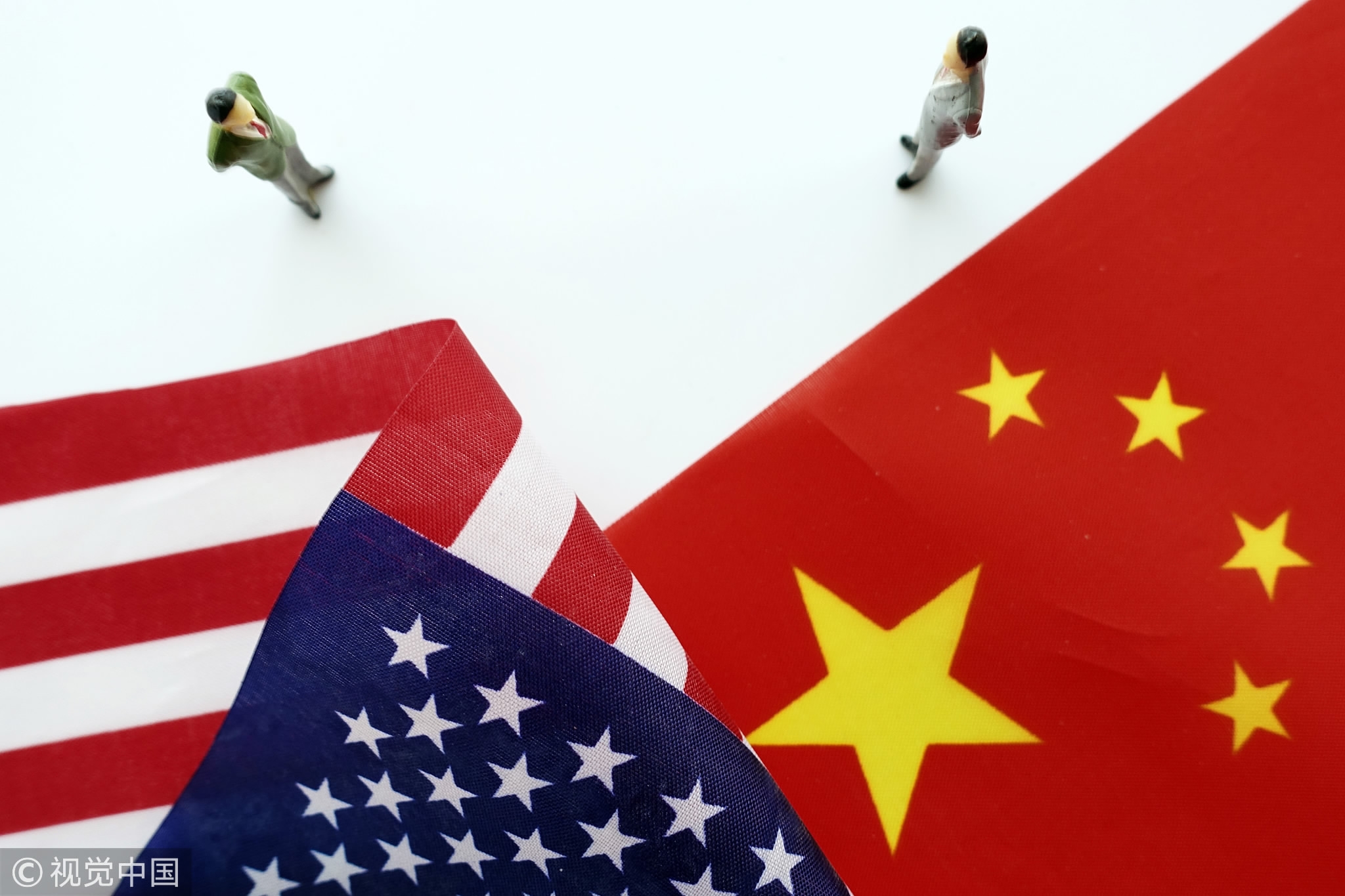
Opinions
22:31, 20-Apr-2018
Opinion: Aware and awake
Guest commentary by Xu Qinduo

People in China were shocked by the sudden and severe punishment meted out by the United States to Chinese company ZTE. It was a blunt reminder that unless you have command over key technologies, you’re always open to manipulation by those higher up in the value chain.
In 2012, ZTE was accused by the United States government of supplying telecommunications equipment to Iran at a time when the US had put heavy sanctions on that country. As part of a settlement with the US government, ZTE paid 890 million US dollars in penalties and fired four senior employees.
But the Trump administration now says it is moving ahead with a ban on US companies selling hardware and software to ZTE for the next seven years. It says that this action is being taken because of ZTE’s failure to discipline 35 lower-level employees.
This move by the Trump administration amounts to a catastrophe for ZTE, which relies on the American market for 25 to 30 percent of the components used in its products, which include smartphones and telecommunication networks systems.

ZTE's exhibiting platform at EXPO COMM CHINA 2013. /VCG Photo
ZTE's exhibiting platform at EXPO COMM CHINA 2013. /VCG Photo
This disproportionate penalty has been announced during the ongoing trade spat between Beijing and Washington. The Trump administration’s focus in the trade dispute has been on China’s “Made in China 2025” plan. The plan, which draws inspiration from Germany’s “Industry 4.0” plan, aims to comprehensively upgrade China’s industrial base. There’s suspicion that ZTE might have been targeted by the Americans because of the company’s crucial role in the development of 5G technologies, a field in which China is considered to be a world leader.
Efforts to restructure industry are a natural development for China as it continues to grow economically. But the Trump administration sees this natural progression in a different light. It seems to be panicking that “Made in China 2025” will enable China to overtake the United States in future-focused technologies such as artificial intelligence, robotics, and clean energy.
That would explain why American tariffs on 500 million US dollars worth of goods from China are associated with the “Made in China 2025” industries. The tariffs appear to be an American effort to thwart China’s continuing rise.

ZTE's logo on a phone /VCG Photo
ZTE's logo on a phone /VCG Photo
It's hard to say which side is going to come out ahead in a trade war. But China has obviously learned something valuable from what happened to ZTE: it has to work harder to rely less on the United States, which enjoys a monopoly in many advanced technologies. China realized the potential danger long time ago. This is why there is a “Made in China 2025” plan; it is why China’s government has for a while now been encouraging domestic innovation.
But what has happened to ZTE has been a wake-up moment for many people, and the potentially dire consequence ZTE and companies like it face when the United States decides to find a reason to cut its supply of parts and software.
Despite China's efforts to maintain a strong trade relationship with the United States, the Trump administration sees China’s economic and technological progress as a potential threat. But the reality is that China remains a developing country with per capita GDP less than one sixth of that of the US and relies heavily on US technologies in some key sectors.

Sino-US trade conflict /VCG Photo
Sino-US trade conflict /VCG Photo
There's a growing call for China to strengthen its domestic chip industry. And rightly so. There’s also a need to invest more in research and development to increase its self-reliance. As the ZTE saga shows, a company, either from China or any other country, can find itself in a life-or-death situation if it relies too much on supply from the American market.
Given China’s financial strength, as the second largest economy in the world and with abundant talents, the ZTE case is more likely a temporary disaster for a particular company. It may, in fact, prove to be a long-term boon for the country to recalibrate its science and industry policy to become more independent of foreign technology.
As a Chinese saying goes, a misfortune is a blessing in disguise.
(Xu Qinduo is a political analyst for CRI and CGTN, and a Senior Fellow of the Pangoal Institution. He has worked as CRI's chief correspondent to Washington, DC.The article reflects the author’s opinion, and not necessarily the views of CGTN.)

SITEMAP
Copyright © 2018 CGTN. Beijing ICP prepared NO.16065310-3
Copyright © 2018 CGTN. Beijing ICP prepared NO.16065310-3